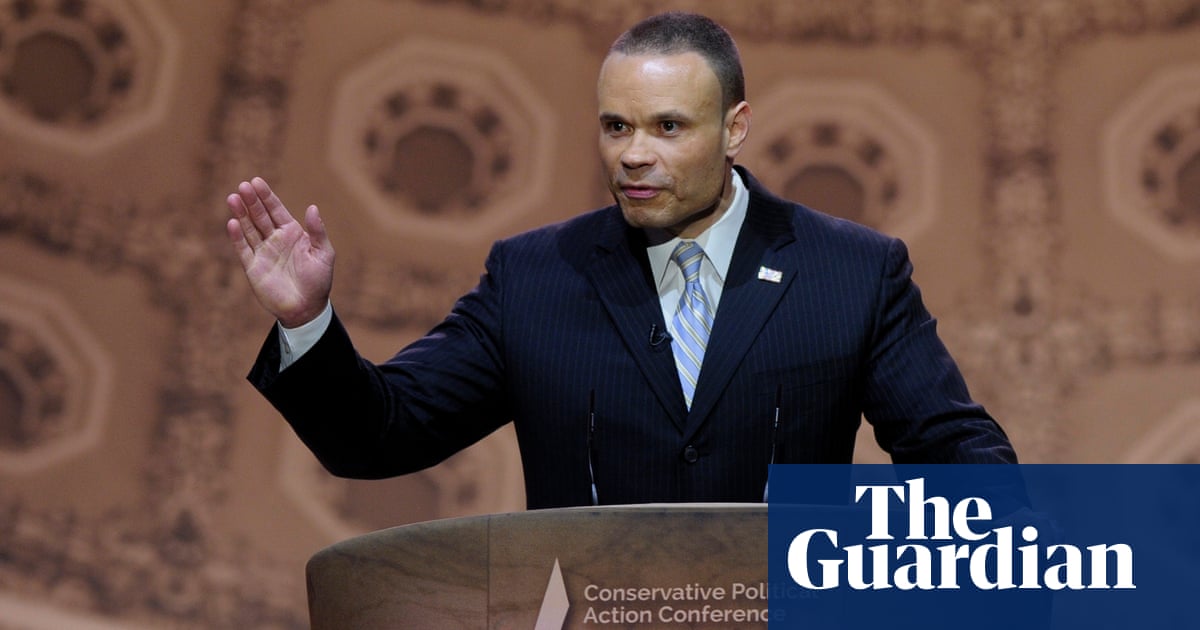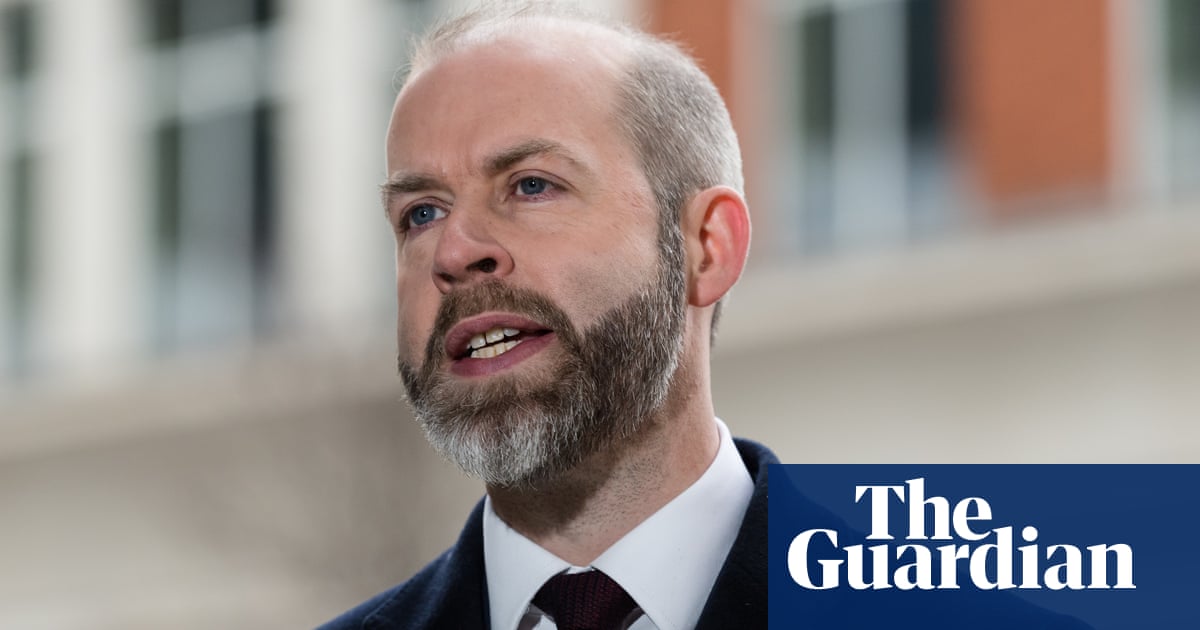Net migration to the UK hit a record high in 2023 of 906,000 in a period covering Boris Johnson and Rishi Sunak’s premierships, revised estimates show.
The measure for the difference between the number of people arriving and leaving the country then dropped by 20% in the latest period, the 12 months to June 2024, and now stands at 728,000.
The total for net migration in the year to June 2023 has been revised upwards by 166,000 from the initial estimate of 740,000, according to Office for National Statistics (ONS) figures published on Thursday.
A similar change has been made to the estimate for net migration in the year to December 2023, which was initially estimated to be 685,000, and is now thought to be 866,000 – an increase of 181,000.
The ONS said that while remaining high by “historic standards”, net migration is now “beginning to fall”.
Government spending on asylum in the UK stood at £5.38bn in 2023-24, up 36% from £3.95bn in 2022-23, Home Office figures show.
The ONS has continued to review its net migration figures as more complete data becomes available and has improved how it estimates the migration behaviour of people arriving in the UK from outside the European Union.
Better analysis of the number of people coming to the UK amid the conflict in Ukraine has also been taken into account.
A statement from the ONS said: “Estimates in this release have been updated back to YE June 2021. For example, net migration has been revised upwards by 166,000 for YE [year ending] June 2023 and by 181,000 for YE December 2023. Reasons for these revisions include: more available data, more information on Ukraine visas and improvements to how we estimate migration of non-EU+ nationals.”
The latest tranche of figures cover a period before Labour took power in July. The most recent drop has been fuelled by Rishi Sunak’s policies of banning most international students and health and social care workers from bringing their relatives with them to the UK, and hiking the salary required to sponsor a foreign spouse coming to Britain.
The figures covering the previous Conservative government are a reminder of the political repercussions of unkept promises on immigration, an immigration thinktank said.
Sunder Katwala, director of the migration thinktank British Future, said: “[Keir] Starmer will oversee a continuing fall from the record levels of net migration but his challenge now is to manage the trade-offs on migration for the economy, NHS, universities and social care.
after newsletter promotion
“It remains to be seen how much the public will notice a fall in visa numbers if there is no progress on controlling the much more visible Channel crossings.”
In the year to June 2024, about 94,000 fewer people applied to travel to the UK on study visas than in the previous 12 months, according to Home Office data from earlier this month.
“Study visa” figures include family members or other dependants of students – but from January 2024 many students were prohibited from bringing them with them, under visa changes by the then Conservative government.
Applications for health and care workers and their dependants remained slightly higher in the year to June than in the previous year – mainly driven by a surge in the second half of 2023. But care workers were also barred from bringing in dependants under visa changes in March 2024.
Skilled worker visa applications increased slightly over the same period, with a noticeable rise before a government shake-up of the jobs this visa applies to in April 2024. Applications have since fallen.

 2 months ago
48
2 months ago
48













































